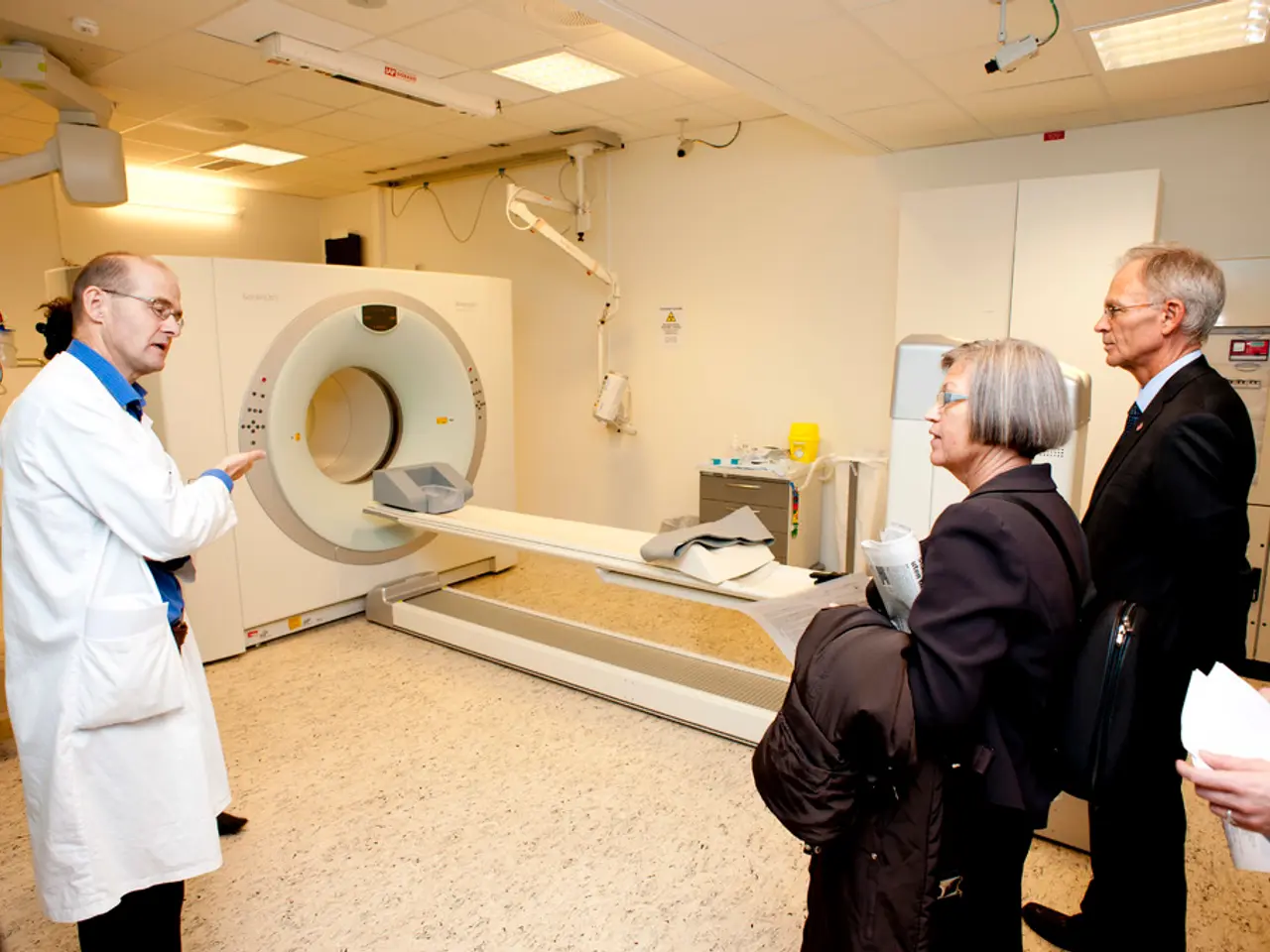Social media giant plans to employ over a thousand physicians.
Portugal is grappling with a significant shortage of family doctors, as the demand for primary healthcare services continues to rise. According to the latest data from the National User Registry, the total number of users with a family doctor in February 2025 was 8,951,224, a notable increase of 121,000 people compared to the same month last year [1]. However, the number of users without a family doctor has also grown, reaching 1,633,701 in April 2025, a rise of 35,900 more than in February 2024 [1].
The scarcity of family doctors is particularly evident in certain regions. For instance, Alto Alentejo and Estuário do Tejo have no filled positions at all, while Lisbon, which is already struggling with a shortage, only managed to occupy a fraction of the available positions in certain local health units [1].
The shortage of family doctors has had a substantial impact on patients. The increasing number of people without a regular doctor has contributed to a record high of individuals without a family doctor, rising from 1,564,203 in January to 1,633,701 in April 2025 [1].
In an effort to address the issue, the Algarve Local Health Unit (ULS) has recently hired 13 new doctors specializing in General and Family Medicine. This move aims to provide a family doctor for approximately 22,750 additional users, reducing the number of people without a doctor by over 21% in the region [3][4].
The Minister of Health, Ana Paula Martins, has acknowledged the challenges faced but emphasized that the number of citizens with a family doctor is increasing daily. She also highlighted the need for improvements, particularly in regions with less protection [2].
In a positive development, the Ministry of Health has announced that there are more than 525 vacancies for newly qualified specialists in General and Family Medicine [2]. The competitions for these positions will be opened next week, with the notice being published in the coming days [2]. Furthermore, there are 1,070 vacancies for retired doctors [2].
The Ministry of Health has also noted that the records in the National User Registry are always increasing [2]. Between April 2024 and February 2025, 173,970 new users were registered in primary health care (APS) [2].
Despite these efforts, the Ministry admits that the country, the Ministry, and Portugal as a whole have a long way to go to ensure access to a family health team for all residents [2]. Ana Paula Martins stated that there is a large number of doctors available to stay in the SNS [2]. Some retired doctors have contracts that take care of a significant portion of users [2].
In conclusion, while there are steps being taken to enhance primary healthcare, the ongoing shortage of family doctors remains a pressing issue in Portugal. The government and health authorities are making efforts to address the issue, with initiatives such as the hiring of new doctors and the opening of competitions for vacant positions. However, it is clear that more needs to be done to ensure that all residents have access to primary healthcare services.
- Despite the announcement of over 525 vacancies for newly qualified specialists in General and Family Medicine, the Alto Alentejo and Estuário do Tejo regions still have no filled positions, as seen in April 2025.
- The Minister of Health, Ana Paula Martins, acknowledged the need for improvements in regions with less protection, particularly in light of the significant increase in the number of users registered in primary health care between April 2024 and February 2025.
- According to the latest data from the National User Registry, the demand for mental health services in Portugal increased, as the number of users without a family doctor reached 1,633,701 in April 2025, a rise of 35,900 more than in February 2024.
- To combat the growing shortage of family doctors, the Ministry of Health is promoting workplace wellness and health-and-wellness programs, including fitness-and-exercise and therapies-and-treatments, to support the overall well-being of healthcare professionals and encourage more individuals to pursue careers in General and Family Medicine.




